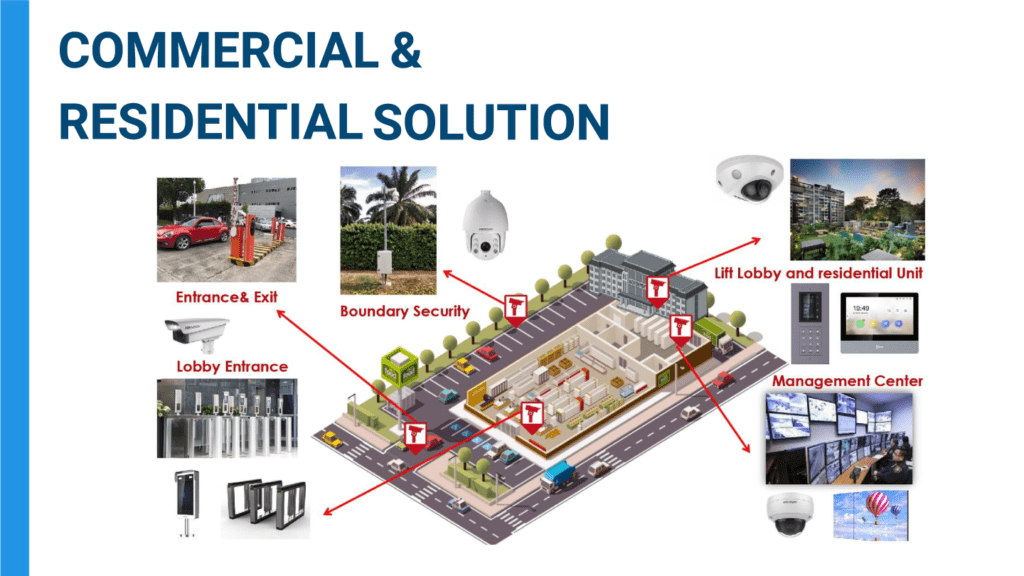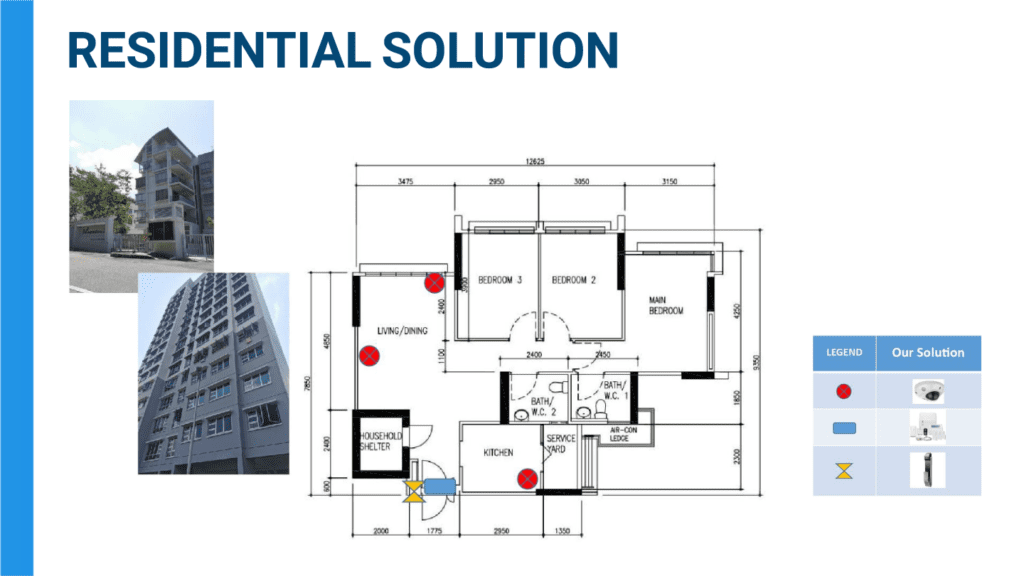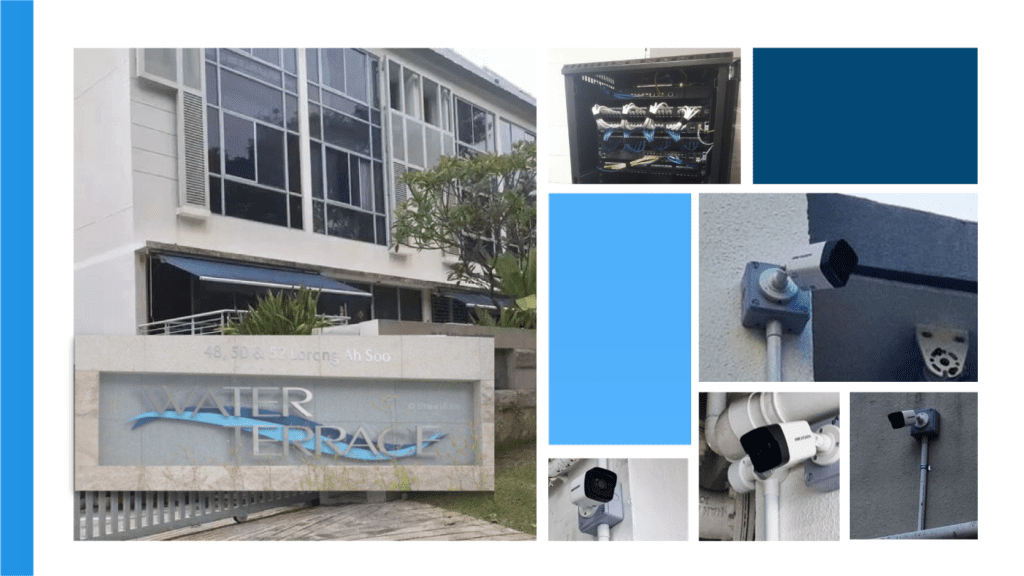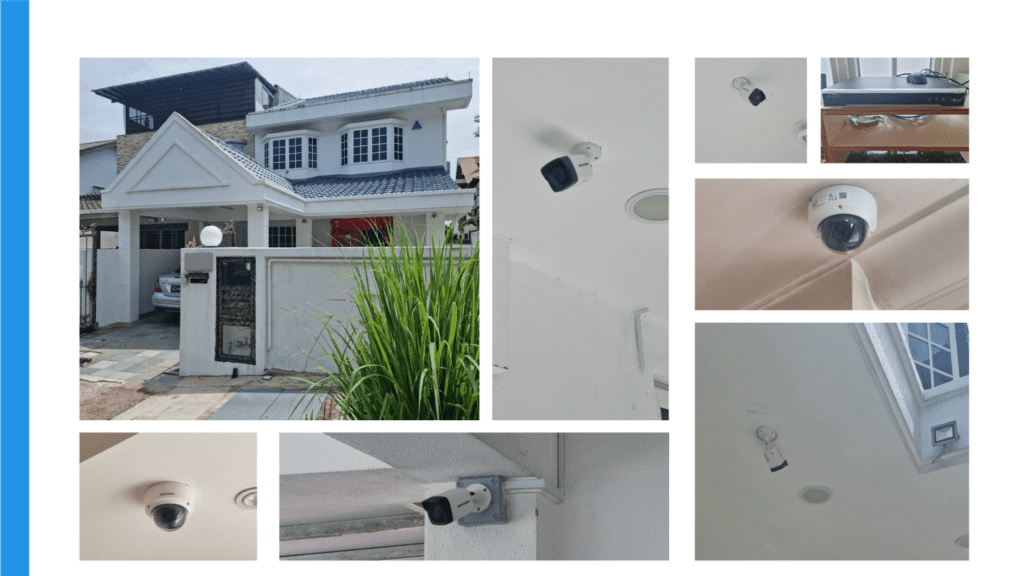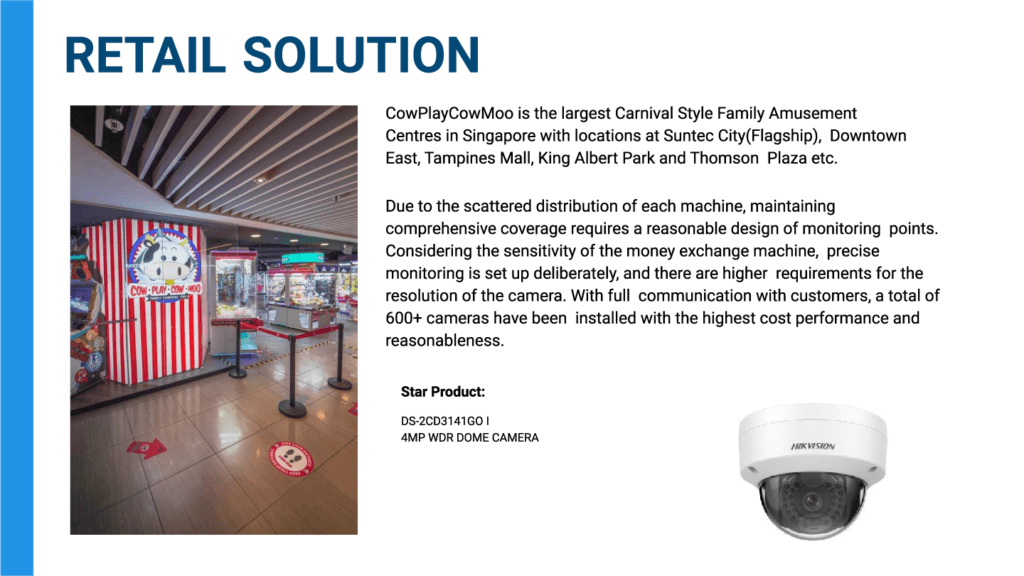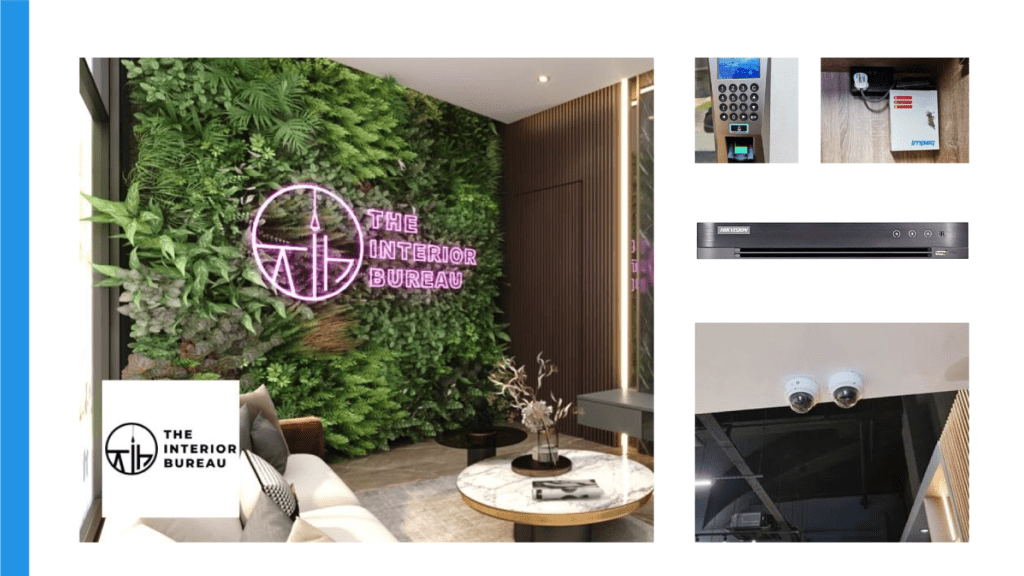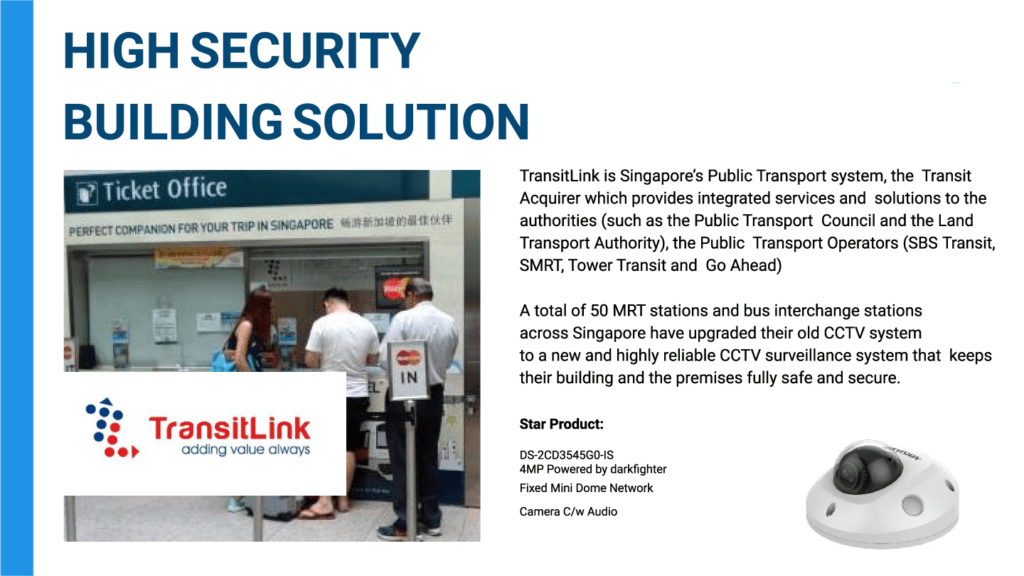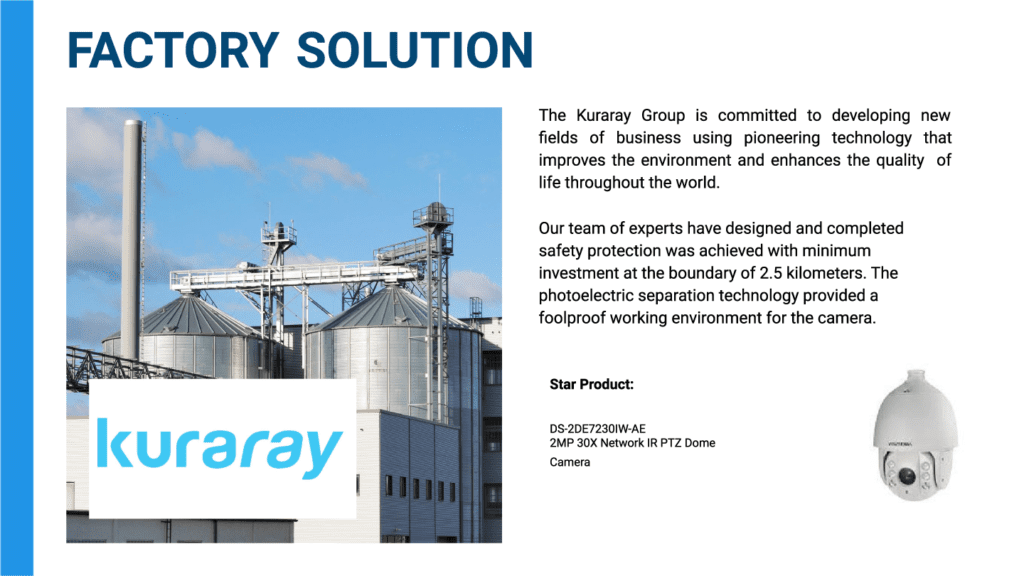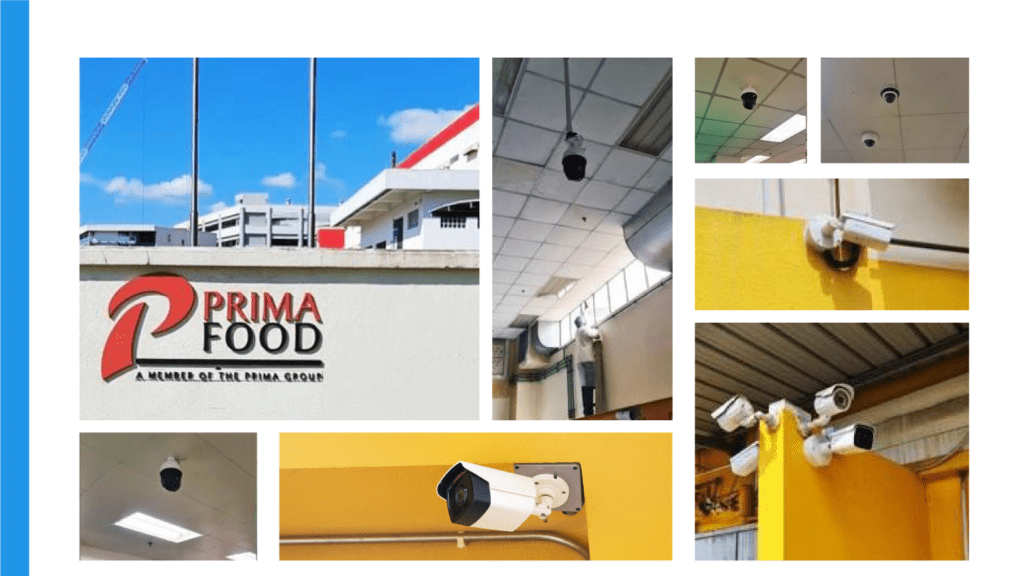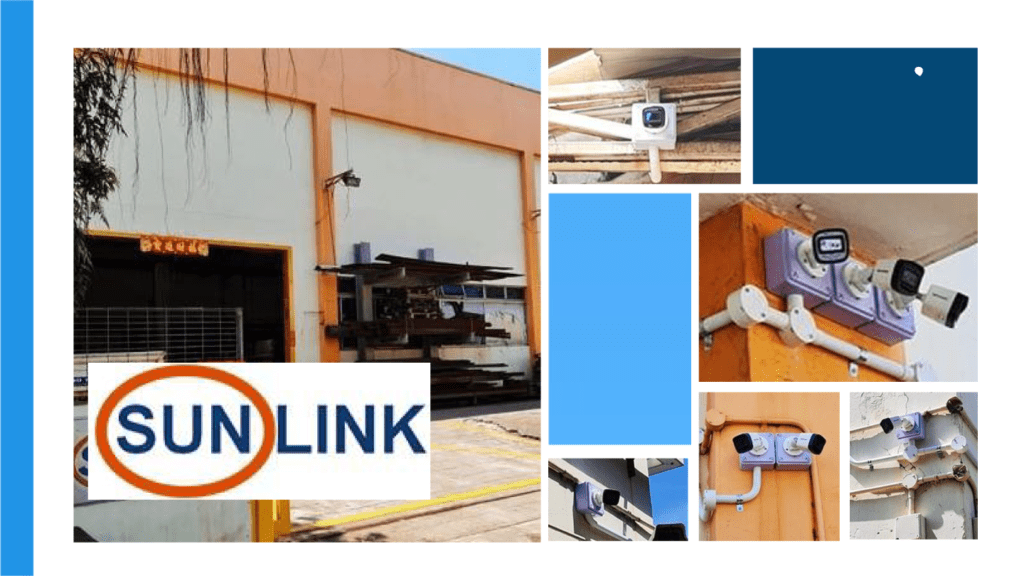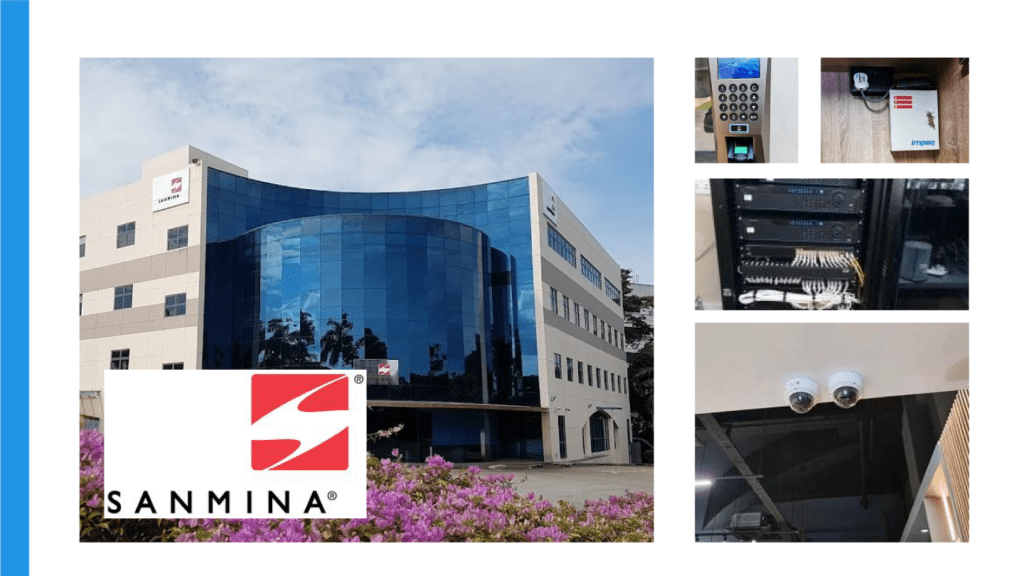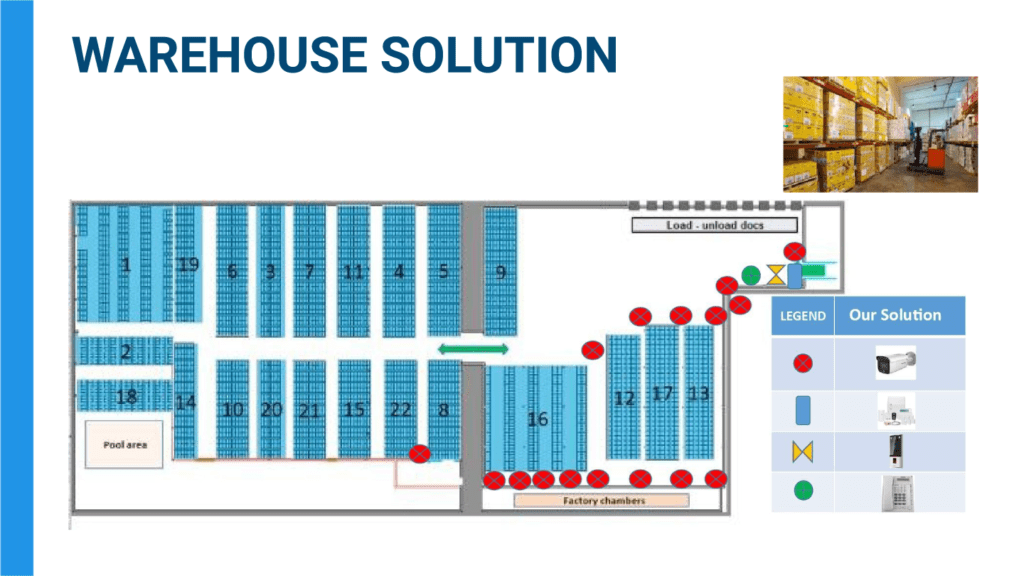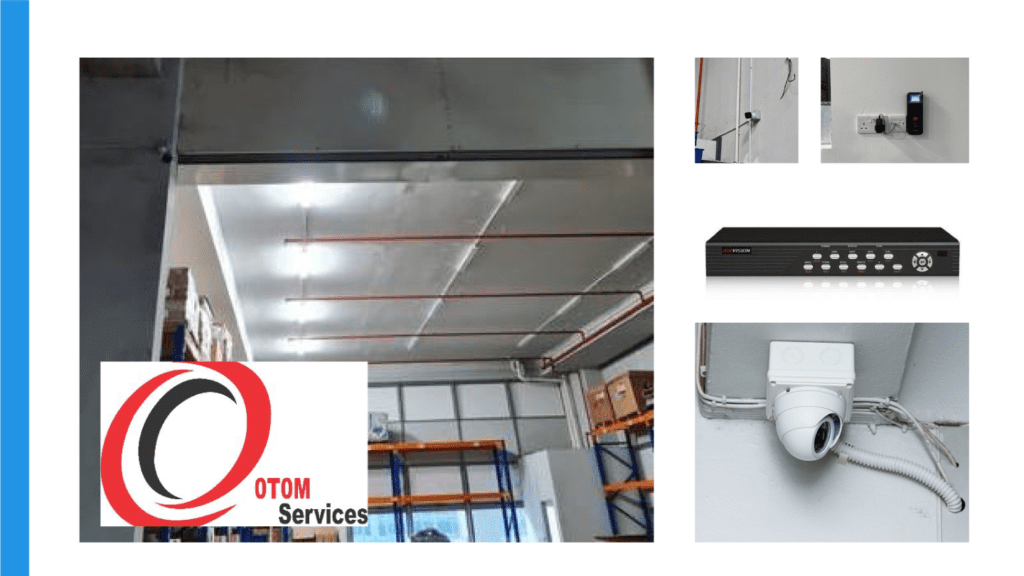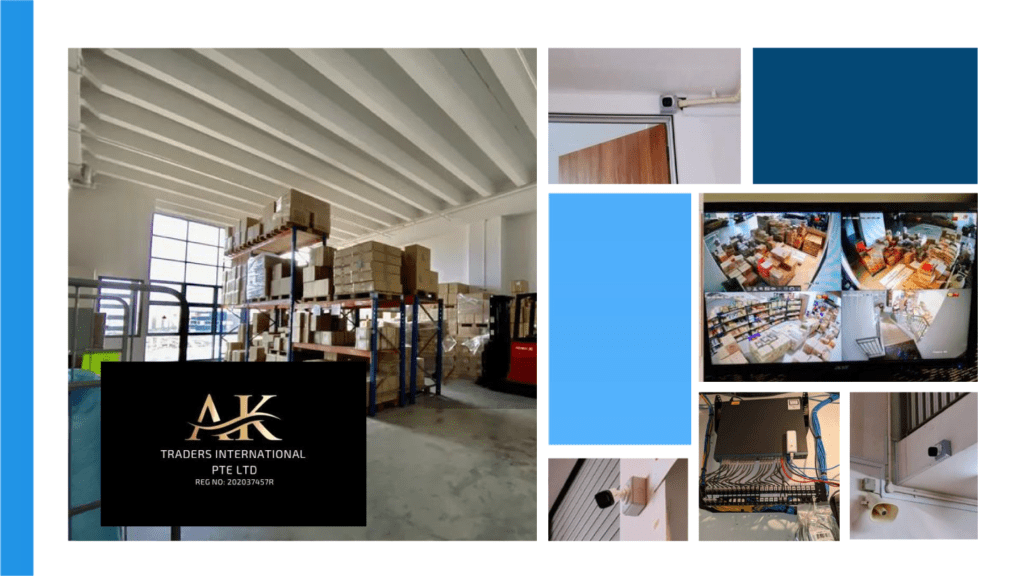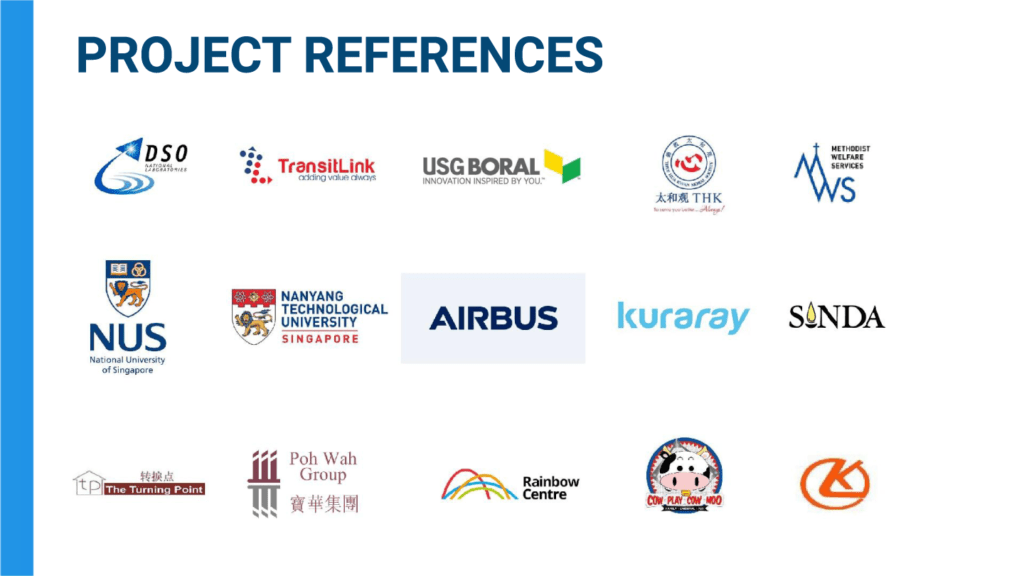Singapore Office CCTV Installation Services

At First Solution Group, we prioritize the security of your business premises. Implementing a CCTV system is a key strategy in this effort. CCTV not only acts as a deterrent to potential intruders but also provides continuous surveillance to monitor activities. It’s an effective way to enhance overall security, ensuring the safety of your assets, employees, and customers. Our top-tier CCTV services offer not just surveillance, but a shield for your business, safeguarding your premises 24/7. Don’t leave your business’s safety to chance. Let us help you keep a vigilant eye, deterring threats and ensuring peace of mind. Choose our CCTV service today for unmatched security tomorrow.
Installation Procedure
Schedule a Site Survey
Contact us via telephone or email to schedule a date and time for your free on-site survey. Our team will arrive at your premises at the agreed time to take measurements and assess the site for future installation with no strings attached.
Recommendations and Quotes
Shortly after the free survey, we will send you a full report of our findings and recommendations for installing your new video surveillance systems, along with the relevant price quotes. You can then decide whether you wish to work with us before you spend a dollar!
Installation
Testing & Training
Our team of engineers will run a number of performance and functionality tests to guarantee that your CCTV system is performing efficiently. We may also provide training for your personnel on how to use the new system efficiently.
Benefits of CCTV Systems for Offices
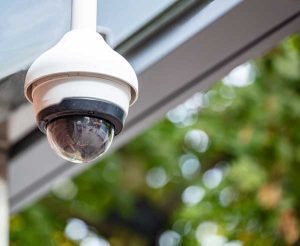
Office CCTV systems offer several benefits, including:
- Crime Deterrence: CCTV cameras act as a significant deterrent to potential criminals. A notable retail chain in Singapore saw a dramatic reduction in break-ins at their warehouse after we installed a Hikvision CCTV system. The mere presence of cameras decreased attempted thefts to zero over two years, enhancing security and employee safety.
- Evidence Collection: The clarity of CCTV footage is crucial during security incidents. Some Offices faced unauthorized vehicle access after hours in their industrial park location. Our recommended high-definition IP CCTV systems enabled them to capture license plates clearly, improving access control and facilitating collaboration with law enforcement.
- Remote Monitoring: Modern CCTV allows business owners to oversee their premises remotely. Kuraray, with multiple offices in Singapore, needed a system for managing operations globally. We installed an advanced IP CCTV system, enabling remote access through secure connections. This has been vital for maintaining operational integrity and enhancing security and transparency.
- Cost-Effective: For many businesses, CCTV systems offer a budget-friendly security solution. The Corner Café struggled with loitering and vandalism but found full-time security personnel too expensive. Our custom CCTV solution provided broad coverage without the high costs, leading to a significant decrease in incidents and allowing the café to focus resources on improving customer service and expanding their menu.
Types of CCTV Systems
There are several types of CCTV systems available, including:
- Analog CCTV Systems: Analog CCTV systems are the traditional type of CCTV system that uses coaxial cables to transmit footage to a recording device. They are the most common type of CCTV system used in businesses today.
- IP CCTV Systems: IP CCTV Systems are commonly used in settings that require high-quality video surveillance across wide areas. They are ideal for monitoring large commercial spaces, schools, and public areas. They offer better image quality and can be accessed remotely.
- Wireless CCTV Systems: Wireless CCTV systems use Wi-Fi to transmit footage to a recording device. They are easy to install and are ideal for businesses that do not want to run cables.
- Bullet Cameras: Bullet cameras are widely used in surveillance for their ability to focus on specific areas. They’re ideal for monitoring long, narrow spaces like corridors, entryways, and parking lots. Bullet cameras are often used outdoors due to their weather-resistant housing, making them suitable for monitoring building perimeters, loading docks, and large outdoor areas. Their straightforward installation and direction adjustment capabilities make them a popular choice for targeted surveillance.
- Infrared/Night Vision: These are the night watchers, ensuring clarity even in the most challenging light conditions. Essential for areas like nightclubs or high-security zones.
- PTZ Camera: A PTZ (Pan-Tilt-Zoom) camera is a type of surveillance camera with the capability to pan (move horizontally), tilt (move vertically), and zoom in on specific areas for more detailed views. This functionality allows the camera to cover a larger area and focus on specific points of interest, making it highly versatile for various surveillance needs. PTZ cameras are commonly used in scenarios where active monitoring and the ability to adjust the camera’s focus are essential.
Factors to Consider When Choosing a CCTV System
Coverage Area
The coverage area of the CCTV system is one of the most important factors to consider when choosing a CCTV system. It is essential to determine the number of cameras needed to cover the entire area. Factors such as the size and layout of your business premises, the number of entry points, and the type of business you run can affect the number of cameras required. Our team of experts can conduct a site survey to determine the optimal placement and number of cameras needed for your business.
Image Quality
When considering image quality for CCTV systems, pixels play a crucial role. Standard-definition cameras may offer around 0.3 megapixels (640×480 pixels), while high-definition (HD) cameras provide higher resolutions like 2 megapixels (1080p Full HD, 1920×1080 pixels). For even greater detail, 4K resolution cameras offer 8 megapixels (3840×2160 pixels) to identify faces or license plates. The choice of resolution should match your surveillance needs, with higher pixels providing clearer, more detailed images for precise identification and monitoring.
Storage Capacity
The amount of storage required depends on the number of cameras and the duration of the footage you want to keep. Analog CCTV systems typically use DVRs (Digital Video Recorders) to store footage, while IP and wireless CCTV systems use NVRs (Network Video Recorders). Our company offers a range of storage options, including cloud-based storage, to suit different business needs.
Budget
CCTV systems come in a range of prices, and you should choose a system that fits within your budget. It is important to remember that a higher-priced CCTV system may offer better features and higher image quality. Our team of experts can recommend a CCTV system that fits your budget and provides the necessary features for your business.
Our Past Clients
Why Choose Us?

At 1st Solution Group, we blend over a decade of expertise with cutting-edge technology from our proud partnership with Hikvision Viskou, offering state-of-the-art CCTV and security systems tailored to your needs. Since 2002, our commitment to quality and excellence ensures your business benefits from comprehensive surveillance solutions that are both cost-effective and reliable.
Don’t compromise on safety; contact us now for a free consultation or site survey and take the first step towards securing your business with the unparalleled service that sets us apart.
Frequently Asked Questions
1 IP HikVision Dome CCTV – $600 . 2 IP HikVision Dome CCTV – $800. 3 HikVision IP Dome CCTV – $1000. 4 HikVision Dome CCTV – $1200
Includes Installation and Cabling, 1TB HDD and 1 Year Free Warranty
At First Solution Group, we offer CCTV Camera installation services for businesses and homes. We offer various affordable packages for every CCTV requirement from our clients. Includes Installation and Cabling, DVR and 1 Year Free Warranty
- Mark the location where you’ll connect the bracket for mounting. Drill the holes then insert raw plugs before putting the bracket on. For wired cameras, you have to thread the wires back through the wall to join it to the monitoring source. Thus, make sure that the holes are big enough to draw the wire through.
- Attach and secure the camera. Plug the power wire into a socket. Some wireless cameras work without power cards, but you do need to refresh their battery packs.
- Put the DVR (Digital Video Recorder)in a secure area. We recommend storing it within a lockable enclosure to preserve your surveillance data. Meanwhile, instead of DVRs, wireless CCTV cameras utilize NVRs (Network Video Recorders), which you may install the same manner.
- Design the cable paths from the cameras to the DVR. If you’re dealing with interior wires, put them below carpets, along skirting boards or near ceiling cornices. For outdoor cameras, use wire mouldings to keep the cables stable and safe from tampering.
- Plug the network wire to the internet router. IP cameras utilize a Cat 5 or Cat 6 cable, whereas analogue HD cameras require a BNC cable and a DC pin connection.
- Attach each camera to the DVR or NVR. Finally, connect the DVR to the screen where you want the video stream. We propose utilizing HDMI for the display for a greater resolution.
- Switch on your CCTV Cameras and DVR or NVR, examine the video stream to determine whether the cameras are recording their intended locations. Modify their angles to allow for blind areas. If certain cameras aren’t operating, check the connections and network clips.Wired CCTV cameras may be tough to install, especially if you know nothing about wiring. For a quick and straightforward installation, go for wireless cameras instead. They rely on wireless receivers to stay connected, so there’s no need for sophisticated cable design. Simply make sure that each camera is inside the main hub’s range.
- Deterrence of Crime: The presence of CCTV cameras can act as a deterrent to potential criminals, who may be less likely to engage in illegal activity if they know they are being monitored.
- Evidence Gathering: If a crime does occur, CCTV footage can provide valuable evidence for law enforcement and prosecution. It can help identify suspects, track their movements, and provide details of the crime itself.
- Monitoring of High-Risk Areas: CCTV cameras can be installed in areas that are particularly vulnerable to crime, such as parking lots, alleys, or building entrances. This can help keep these areas under surveillance and reduce the risk of criminal activity.
- Remote Monitoring: With the ability to remotely access CCTV footage, security personnel can monitor a space from a remote location. This is particularly useful for large facilities or those with multiple sites.
- Improved Safety: CCTV installation can improve the safety of individuals by allowing for rapid response to emergency situations or accidents.
- Business Management: CCTV can help with employee management, ensuring that employees are following proper procedures and not engaging in misconduct.
- Cost Savings: By preventing crime, reducing the need for security personnel, and providing remote monitoring capabilities, CCTV installation can result in cost savings for businesses and organizations.CCTV (closed-circuit television) installation is becoming increasingly common in many public and private spaces, and for good reason. Here are some of the benefits of CCTV installation:
Overall, CCTV installation can provide many benefits for homes, businesses, and communities.
